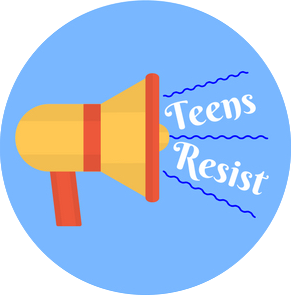LISTSOur biweekly lists lay out notable issues in the news and tell you what you can do about them.
|
SUBSCRIBE TO EMAIL UPDATES:
|
|
Hi Teen Resisters! We hope you're doing well. This list mainly covers a few of the recent police killings and protests surrounding them. We have both actions related to the specific cases as well as more general policies and actions on the issues. This list got a little delayed, which just means another list in a week instead of 2 weeks-- get ready for more action :) As the New York Times has said, a primary emotion of right now is languishing. We hope you're making it through that languishing and getting excited for more sunny days ahead. Remember to take care of yourself and those around you! Peace & power, TR Before you dive in: 1) Some good news: The Biden admin’s ambitious vaccine timeline is going much faster than anticipated. Check on progress here, and look forward to (hopefully) better days ahead. 2) Quick Action: Tell the Biden administration to end the destructive Title X gag rule Trump’s gag rule on Title X, which he implemented in 2019, banned health care providers in the Title X funding program nationwide from giving patients full information about how they could safely and legally access abortion. The rule disproportionately harms communities who already face systemic barriers to health care — people in rural areas and people of color, for example — and takes away those people’s ability to maintain their reproductive and sexual autonomy. Submitting a comment is even more directly impactful than signing a petition; federal agents are required by law to review every comment that is submitted. That means the more you personalize your comment (whether with statistics, anecdotes, or your personal perspective), the better. Submit a comment here (the comment is pre-written for you at this link, and you can add whatever you want). WHAT WENT DOWNFollowing a pattern of systemic racist violence in the U.S., police have committed multiple killings of Black and Brown people over the past few weeks — reigniting nationwide anger and protest. SAY THEIR NAMES:
Daunte was the devoted father of a two-year-old boy, Daunte Jr. Family and friends remembered him for his outgoing nature, smile, and bright demeanor. (As a freshman at Thomas Edison High School, he was voted a “class clown.”) At his funeral on April 22, Reverend Al Sharpton gave the eulogy: “You thought he was just some kid with an air freshener,” Rev. Sharpton said, “He was a prince, and all of Minneapolis has stopped today to honor the prince of Brooklyn Center.” WHAT YOU CAN DO TO SUPPORT DAUNTE’S COMMUNITY:
Adeena Weiss-Ortiz, an attorney for Adam’s family, has said that Adam ”loved going to the park,… was a young uncle,… was an emerging artist… He liked playing cards, biking around the neighborhood with his little brother and [making] Lego creations.” Weiss-Ortiz emphasized understanding Mayor Lori Lightfoot’s and others’ connections to cycles of violence in Chicago and the dangers of the streets, while also acknowledging that “Adam was your typical 13-year-old boy.” Adam’s mother has been emphasizing the same thing: “He is being remembered by his mother as a loving and caring teenager with a big imagination, curiosity and someone who could make everyone laugh.” WHAT YOU CAN DO FOR ADAM’S COMMUNITY:
WHAT YOU CAN DO FOR MA’KHIA’S COMMUNITY:
Major Upcoming Legislation: George Floyd Justice in Policing Act of 2021
WHAT YOU CAN DO:
WHAT CAN YOU DO TO ADVOCATE FOR MORE LONG-TERM CHANGE? The problem of police brutality in the United States is pervasive and systemic. Black and Latino individuals are far more likely to be stopped and killed by police than others; 1 in 1000 Black men will be killed by police in their lifetimes. The rate at which people are killed by the police in the United States puts it on the same level as countries often described by human rights campaigners as “police states” — Egypt and Iran, for example. There is little doubt that there is a clear and persistent problem of systemic racism within the police system. There are a few routes we can take to address this problem-- some would suggest attempting to purge the police system of that racism and bias; however, research suggests that tactic simply isn’t working. Many of the reforms meant to “root out” racism in policing, such as anti-bias training, body cameras, punishing killer cops, de-escalation training etc., were adopted by the City of Minneapolis before and after the murder of George Floyd last year. George Floyd and Daunte Wright still died. Many attribute this failure to the fact that racism isn’t simply present in policing — it is its basis; the institution of policing in the United States began as slave patrol. Additionally, American society itself is racist, raising people with implicit bias that is extremely hard to get rid of, so arming those people and giving them the power to kill based on their own judgement is inherently risky. The communities in the United States with the least violence are the ones with the most resources, not the most policing. Surface level-reforms tend to divert more money towards, not away from, institutionalized police systems. On the other hand, calls to defund the police and reallocate that funding to community resources, as well as bigger social safety nets like healthcare, food, and housing, help us look toward a future that doesn’t see a faulty system of policing as the answer to all of our communities’ problems. We’re including below some resources to explore related to this idea, covering ideas and visions both small and big about our future. Reform vs. Abolition: Resources to explore
There are a multitude of local community organizations and campaigns doing local work surrounding police brutality and mass incarceration in their communities. Here are just a few examples:
More action:
This list was written by Ananya Gera, Kate Griem, Sonia Chajet Wides, and Sarah Germana.
0 Comments
Hi Teen Resisters! Hope you and your loved ones are staying safe & doing well. This week's list covers the new Georgia voting law, Before you dive in, we wanted to draw your attention to a few quick things:
Take care of & be kind to yourselves if you are feeling exhausted, hopeless and/or burned out. (As the NYT recently wrote, We Have All Hit a Wall.) Thank you always for all your amazing work! Peace & power, TR what went down
The results of these changes are predicted to include much longer wait times and less access to voting in more urban areas such as Atlanta, which have a higher population of Black people and are also majority Democratic. By getting rid of the ability to bring snacks and water, the policy discourages people even further from waiting in line. Republicans have focused the branding on the voter ID part of the policy-- which is supported by the majority of Americans for its seeming common sense, but in reality, is a policy that will create new inequities because of ID access, and isn’t necessary at all because voter fraud is so incredibly low. The policies all fit into the long history of voter suppression in America (read more history from us here). The main policy meant to protect against laws like this is the Voting Rights Act of 1965. Prior to 2013, one of the most important sections of the VRA was Section 5, which required a certain group of states with histories of voter suppression (including Georgia) to get pre-clearance from the Dept. of Justice on any election-related changes. A Biden DOJ evaluation would have likely stopped this new Georgia law in its tracks. Unfortunately, in 2013, the Supreme Court struck down Section 5 in the infamous Shelby v. Holder case; the justification that Chief Justice John Roberts used in his opinion was that the pre-clearance policy was no longer necessary, and could not justify disparate treatment to states. At the time, Justice Ruth Bader Ginsburg dissented by saying that the fact that preclearance seemed unnecessary-- that voter suppression had gone down-- was just proof that it was working, and taking it away would be foolish. She was, of course, correct. Now, the main function of the VRA in opposition to laws like this, is Section 2, which prohibits any election practices that discriminate on the basis of race. The problem with this is that it is based on proven effects, not pre-clearance, and so usually Section 2 lawsuits (many of which have been filed for this law) take years and elections to complete. The John Lewis Voting Rights Advancement Act intends to repair the damage done by Shelby v. Holder by circumventing the parts of Section 5 that the Supreme Court deemed unconstitutional and reinstate preclearance. We will give resources to push for this act in the action section. There has also been an outbreak of protests in opposition of this law. There have been boycotts on companies that stayed silent during this process. This has pushed many businesses to take a stand and speak out against the suppression this law promotes. Yet, the fight is not over. All across the state, people are voicing this disapproval of the new voting law and are attempting to hold big corporations accountable to receive more support from more powerful industries. WHAT YOU CAN DO (for now):
As the movement’s website explains, the pandemic has led over two million women to leave the workforce to care for their children. Direct payments to all, it claims, are the best way to help these families until they regain a stable source of income. The proposal has been quite popular, with many famous and powerful figures backing the idea. Among them are celebrities like Stephen Curry, Eva Longoria, and Charlize Theron, and politicians like Amy Klobuchar and Andrew Yang. What led to this movement, anyway? The pandemic has hurt almost everyone economically, but the movement especially reflects the U.S.’ inadequate support for families with children. Key welfare programs like universal child care, pre-kindergarten, and paid parental leave are unavailable to them, despite being a mainstay in other developed countries. In the past year, over 2 million women left the labor force and millions more cut back on their hours; many of them are moms who did so to pick up the slack of caregiving that resulted from remote school. This has particularly affected moms of color and low-income moms. Our society expects moms, and women in general, to pick up caregiving needs in times of crisis, and the pandemic is no exception. These articles explain more:
WHAT YOU CAN DO:
WHAT YOU CAN DO: The need for food insecurity assistance in New York is more dire now than ever. To contribute to this amazing project find a Community Fridge below using this locator map. If there is not a community fridge near your home, do what many other volunteers have and start your own community fridge! If you would like to donate food, money, or time to a Hunger charity click on a link below: This list was written by Ananya Gera, Christopher Giang, Samantha Desch, Kate Griem, and Sonia Chajet Wides
|
UPdatesThese lists include featured organizations, scripts, numbers, news updates and inspirational activists. Archives
January 2022
Categories |
About |
Content |
|
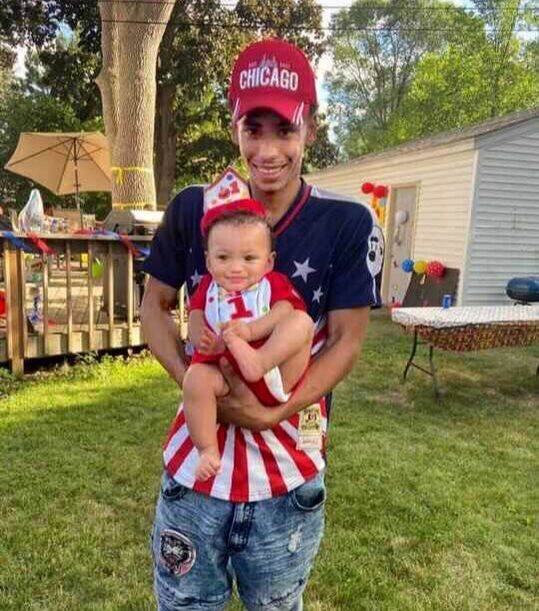
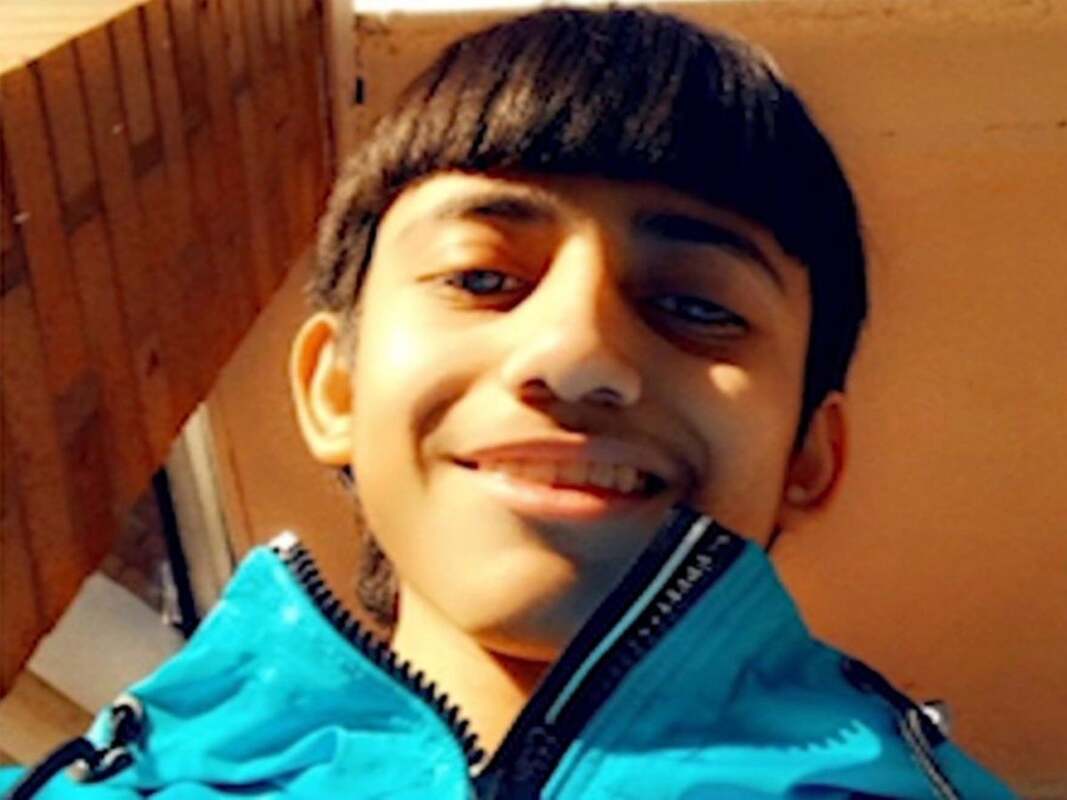

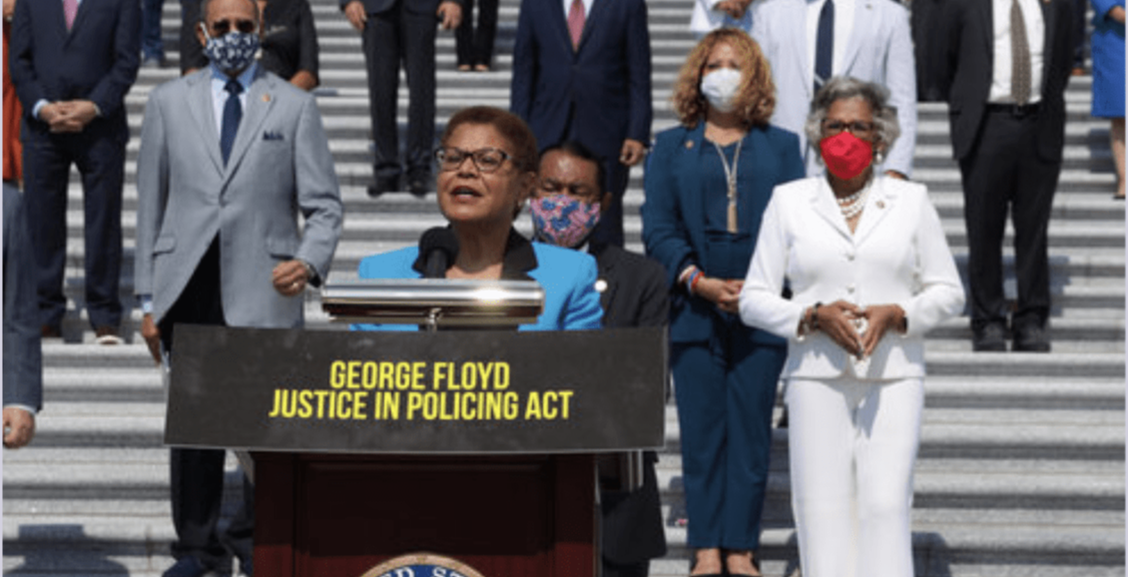
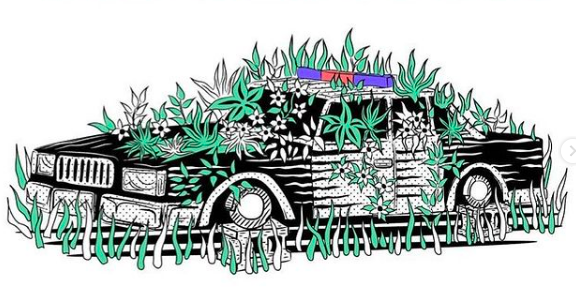
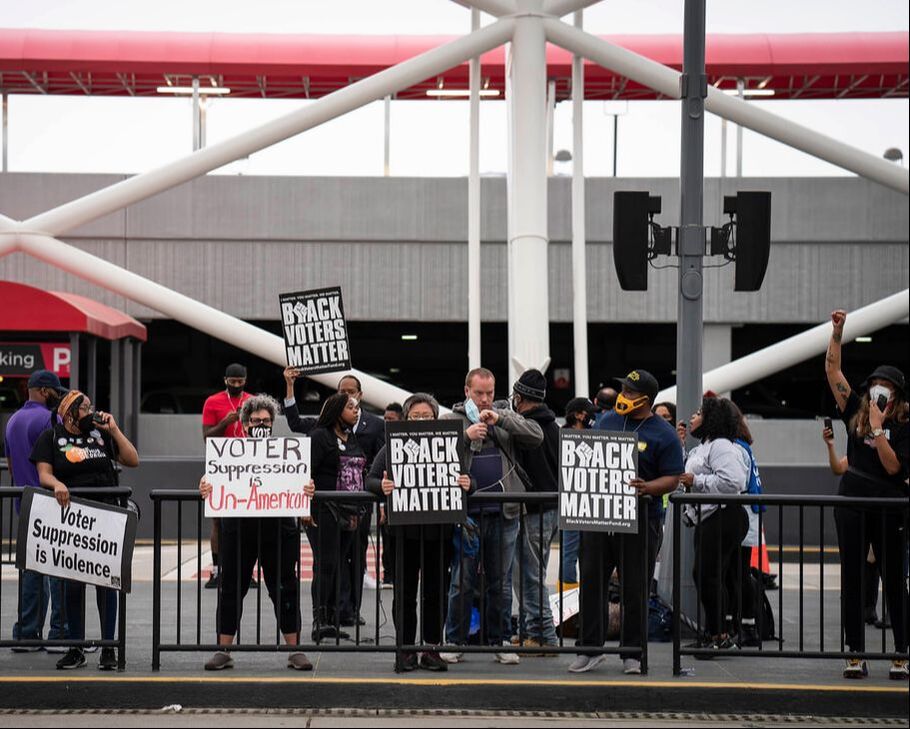
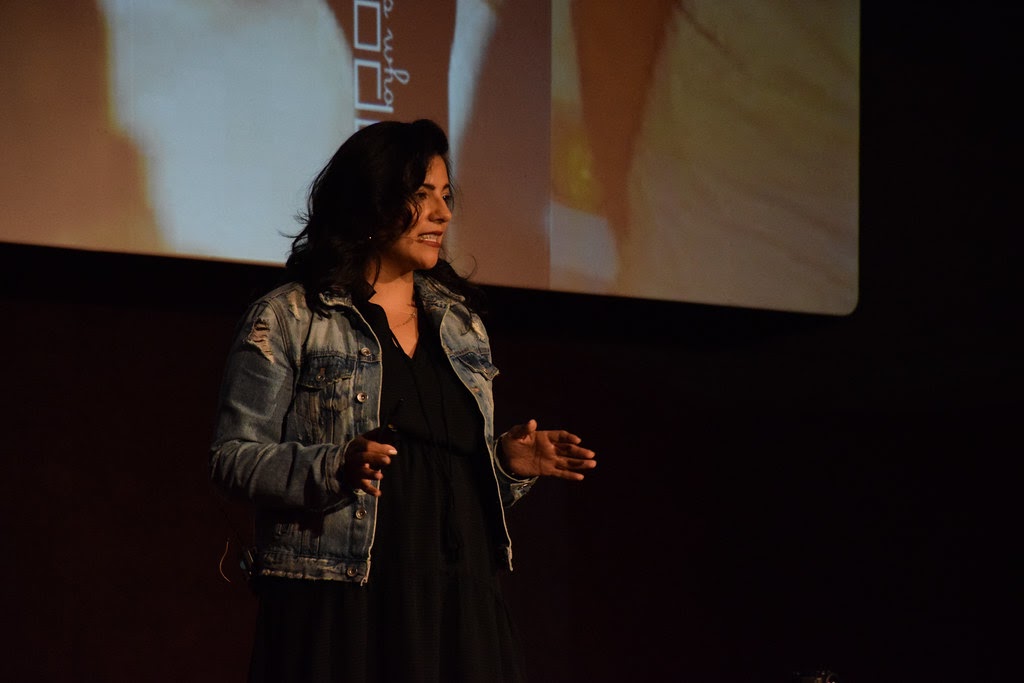
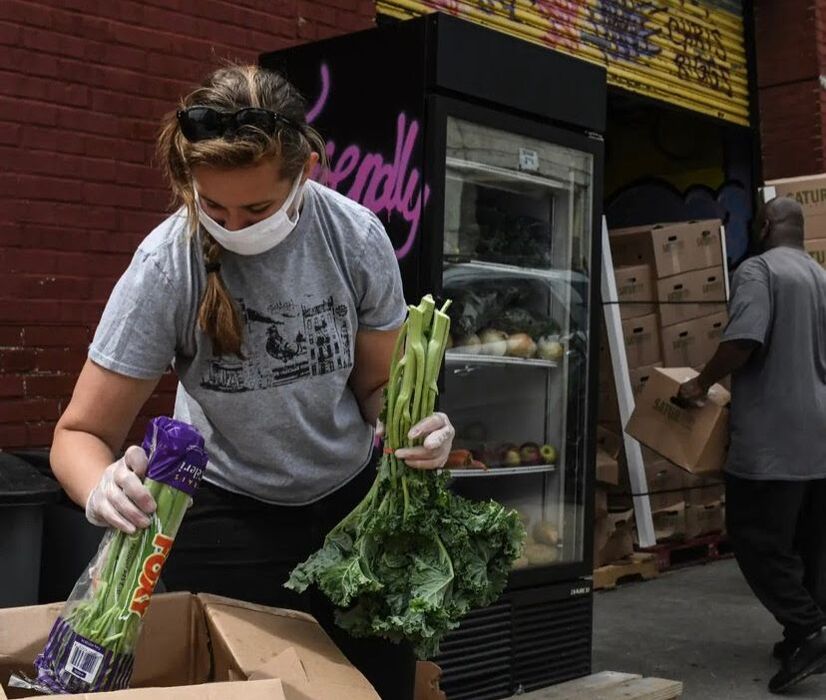
 RSS Feed
RSS Feed
